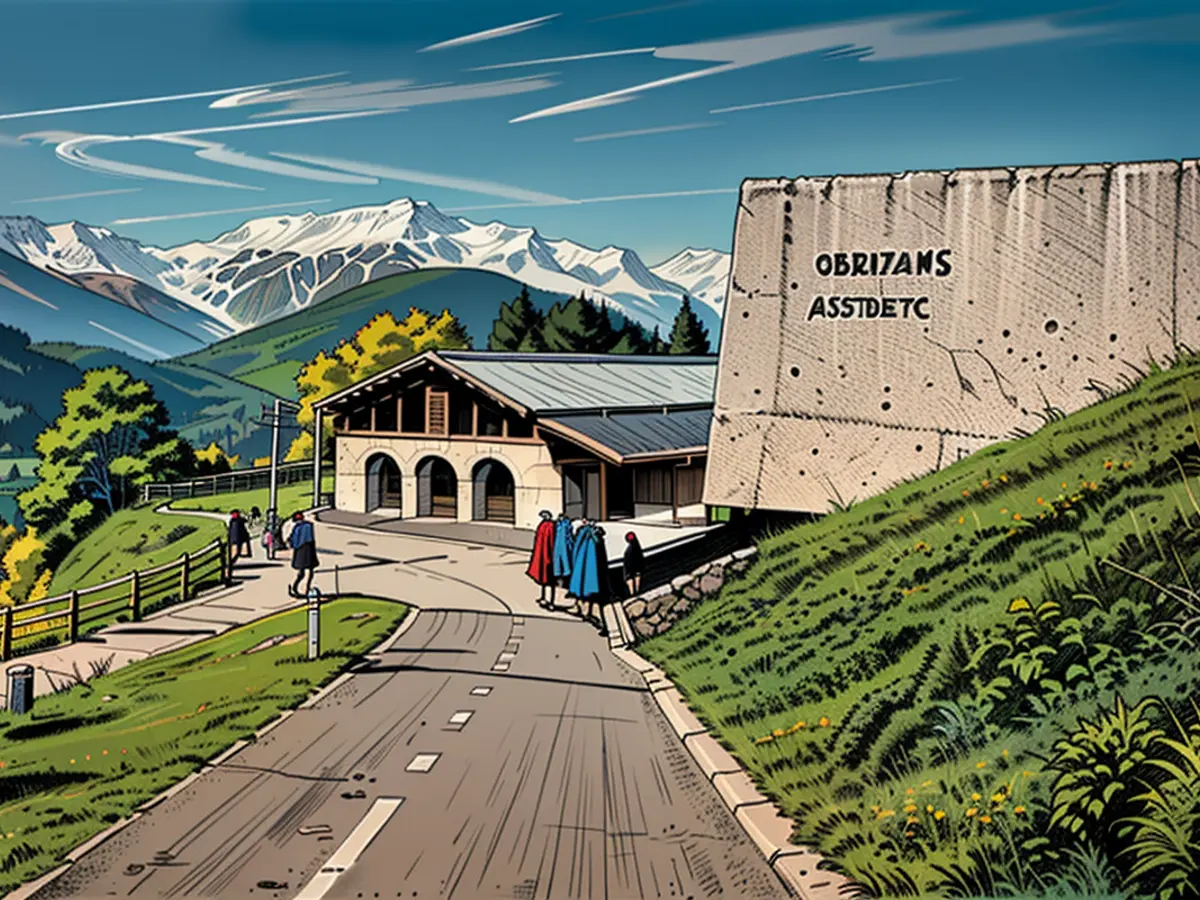Research - Decision on archaeological finds from the Nazi era
Archaeological finds from the National Socialism era should be recorded, documented, and researched with special care in Bavaria and Austria in the future. Experts and specialists from the Bavarian State Office for Monument Preservation (BLfD), the Austrian Federal Monuments Office (BDA), and the University of Vienna have published a position paper on this matter. "As hardly any eyewitnesses are left, archaeological finds are gaining increasingly greater significance as material witnesses to history, to make the reality of victims and perpetrators of the NS era comprehensible," said BLfD General Conservator Mathias Pfeil at the presentation of the paper.
The researchers mentioned examples of objects discovered on the site of Schloss Hartheim near Linz in Upper Austria. Here, the National Socialists systematically committed medical murders from 1940 to 1944 and killed nearly 30,000 people within a few years. Finds such as a spoon inscribed with Hebrew letters could give dignity back to the victims. Remnants are also hidden at Obersalzberg, where Adolf Hitler installed another power center and where there is now a museum informing about the former Nazi tyranny.
Bodendenkmalpflege and Archaeology are aware of their responsibility in dealing with the material testimonies of the NS era and the implications on all social levels, as stated in the position paper. The necessity arises from the historical uniqueness of the Holocaust and the significance of the crimes against humanity of the NS dictatorship, it continues.
- The position paper, published by experts from the BDA and the University of Vienna, emphasizes the importance of studying archaeological finds from the National Socialism era to provide a comprehensive understanding of the past in both Bavaria and Austria.
- The researchers suggested that archaeological finds, such as the Hebrew-etched spoon discovered at Schloss Hartheim, can serve as vivid reminders of the suffering during the NS era and offer a form of posthumous dignity to the victims.
- While bodies and eyewitnesses may be scarce, the Bavarian State Office for Monument Preservation (BLfD) underlines the pivotal role of archaeology in unveiling the truth about the perpetrators and victims of National Socialism, as general conservator Mathias Pfeil acknowledged.
- Despite the complex and sensitive nature of the material testimonies from the NS period, the Bavarian State Office for Monument Preservation and Archaeology, along with their Austrian counterparts, acknowledge their responsibility to preserve and present these findings to the public, as outlined in the position paper.
- The BDA emphasizes the fact that, due to the Holocaust's unprecedented nature and the Nazi dictatorship's heinous crimes against humanity, it is imperative to study and memorialize the archaeological findings within museums and other institutions in Bavaria and Austria.








